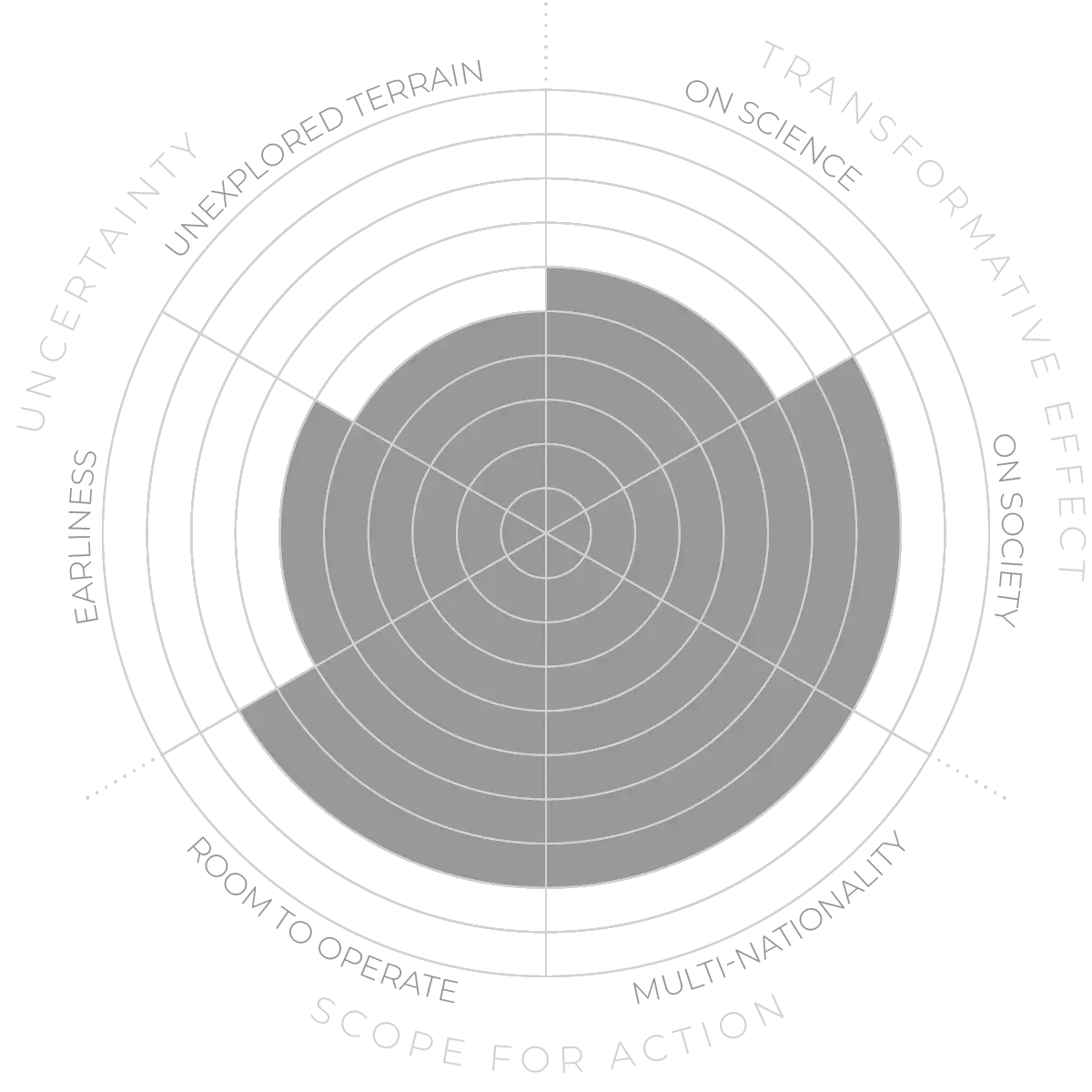5-yearhorizon
An era of progress
Media coverage and public pressure forces governments to accelerate efforts to get to zero emissions before 2050. A growing awareness and experience of the negative consequences of climate change lead to implementation of a global CO2 tax. Circular-economy strategies continue to be implemented on key issues such as plastics and waste, if only at a local level.



